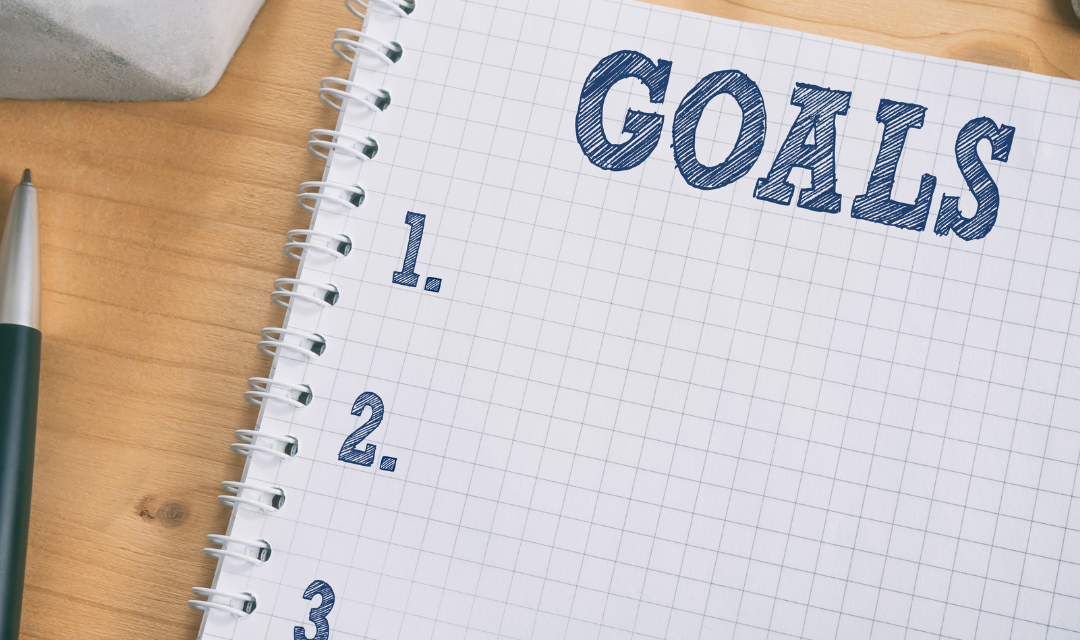Setting financial goals sounds so simple. But unfortunately not many people do it. It may be because they are short on time, feel like they have their financial situation under control, or simply don’t see the value in goal-setting.
Believe it or not, setting goals is the first step in managing your money.
When setting your goals, it’s important to write them down and split them into timeframes. Some are short term, and might be easier to tick off the list sooner. Others take more time and planning and should be reviewed regularly.
Keep your list somewhere you can see it and tick off your progress.
Short-term goals (less than a year)
First things first. Ask yourself what should your short-term goal be to put yourself into a better financial position immediately.
If you have debt to pay down (credit card, personal loan, layby) these can be managed by way of a monthly payment plan with a short-term timeframe to have them paid off. Before you save you should pay off any small debt that attracts higher interest rates and can really blow out if not managed well.
Then consider saving for an emergency fund. This will provide you with peace of mind if the unexpected happens. Work out what is the right amount to have as a backup in case you need access to cash quickly. It might be $1000, $5000, or $10,000 depending on your personal needs, how many people in your family you need to consider, and enough to cover unexpected bills, fix a car breakdown, or an unexpected illness. Try saving in a separate bank account and keep this locked away, but add to it regularly each pay period.
Medium-term goals (One to three years)
These are usually on a bigger scale than short-term goals.
You might be saving for a deposit to buy a home (which may be longer than three years, especially if you live in Auckland). Open that account and call it “My Home Deposit” and set up a regular savings transfer each pay period, so it’s automatically done, and you will never miss it.
KiwiSaver contributions are another way to save for a home deposit. It’s probably best to get some advice on the right type of fund to get started, but there’s plenty of information available to make good, informed choices. Check out the rules at the start for when you want to take money out, to ensure you meet the criteria and timeframes, and you can access the money you have been saving for the purpose of a home deposit. Then start saving!
Saving for an overseas holiday would be another medium-term goal if you are planning on an extended break. Its more fun to spend the cash you have saved than coming home to big credit card debt or personal loan to repay. Set up that bank account and call it “My Holiday Fund” and start saving for your dream holiday.
Long term (Four or more years)
Investing
You could consider buying shares or investing in managed funds to create wealth over the longer term. Let’s face it – not everyone is going to buy a home, or wants to. Or this could be additional to your house purchase, depending on the age and stage of the life you are in. There are other asset classes such as shares that are longer-term investments that enjoy capital growth over time, and in some cases good income from dividends, too.
If you have 4-7 years minimum this might be an option to consider. You make a regular contribution to shares or a managed fund and learn a bit more about different asset classes, including shares, bonds and property to create wealth. There are ups and downs in all markets – just like we are seeing in the market at the moment – so you may want to get advice and read up on the risks and benefits of investing in these asset classes.
Repaying that mortgage
Whether you have four years or 14 years left on your mortgage, reviewing how much you are paying each fortnight or month is very important. Any extra money that can be channelled into your loan might take between a few months to a few years off the term of your loan and save you a lot of money in interest payments.
Most lenders have online calculators you can play around with to see the impact of increasing your repayments or dropping in the extra bit of spare cash over time. You might be surprised what you can do to own your home sooner and make that longer-term goal a reality.
Saving for retirement
How many years until you can or want to retire? Best to start planning this now and setting a goal. What type of lifestyle do you imagine you will have in retirement and how much money will you need to make that dream a reality? When you know the answer to these questions you can start working backward to start your investment plan.
Whether you use managed funds, term deposit or bank accounts, shares or KiwiSaver, it all adds up. There are many savings or retirement calculators online to work through the numbers. If you have KiwiSaver, most funds now show the retirement value of your fund.
If you are serious about making your goals a reality and look forward to enjoying a comfortable retirement, get started now, and if you need more help, get advice from a professional financial adviser. They help people every day to obtain their dreams.
Remember to review your goals at least every six months to make sure you are on track. Things can change, and new priorities might pop up, so be on top of what you are trying to achieve and make it happen. If you have not started yet – now is a great time to have the conversation and make a plan.





